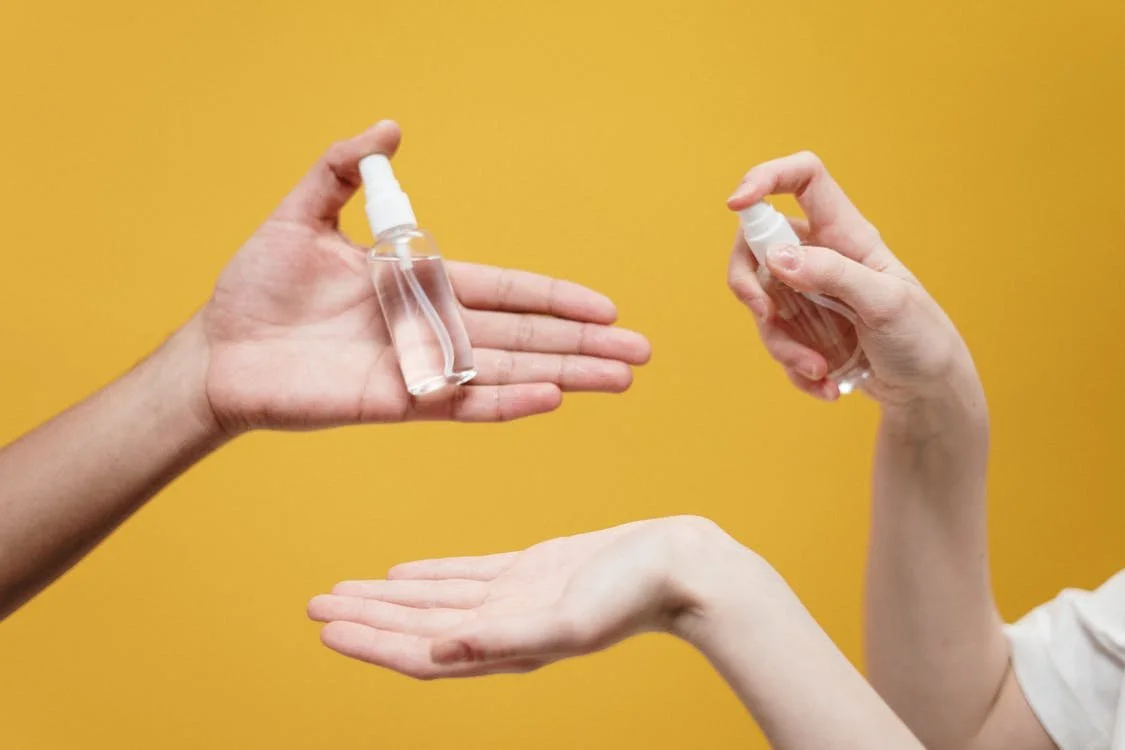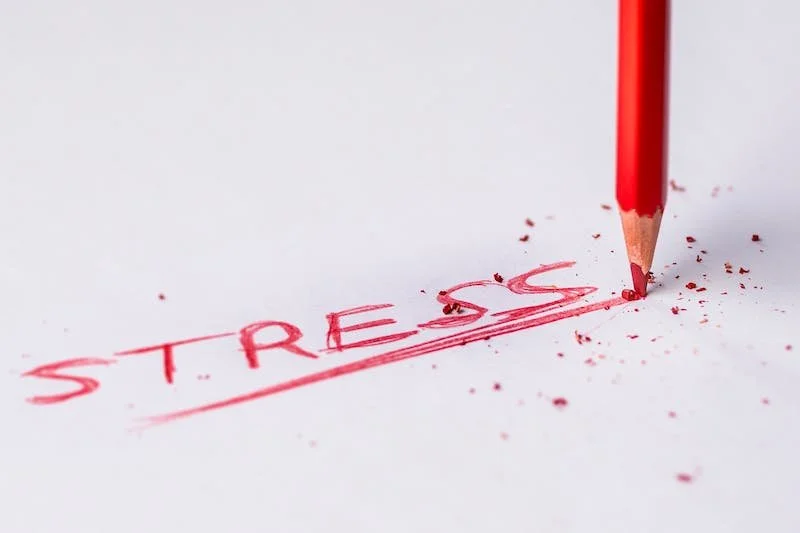5 Little Habits That Are Over-Stimulating
Cover Photo By Unsplash
Stimulating can be inspiring and mood-boosting. However, when you apply too much stimulation – in any form –, the effects are far from staying positive. Over-stimulation can be stressful in the long-term, as it doesn’t provide the body and the mind with an opportunity to relax. Think of it as being constantly under pressure. We can’t control the events in our life. Sometimes, you face difficulties that can aggravate stress and anxiety, and there’s nothing you can do about it besides finding coping mechanisms. However, we can also create negative over-stimulation in our lives without realizing it. Here are 5 harmful habits that can drive your stress levels up.You consume too much caffeine
Caffeine is a silent enemy that can lead to over-stimulation. Ideally, you should limit your consumption of coffee to a minimum during the day. But what a lot of people fail to consider is that tea is not always a healthier option. Black tea is high in caffeine. A large mug of black tea can contain as much caffeine as a cup of coffee. Green tea has lower caffeine content, but too much of it could be a potent source of stimulant. Therefore, it can be a good idea to consider some of the best tea alternatives and how they can benefit your health.
You live in a sensory overload
Life in a city can be filled with noises and lights. It’s hard to relax when there’s so much going on around you. Sensory overload is a potent stimulant that can feel overwhelming at night or during a break. You can find it helpful to use an eye mask, for instance. A white noise machine could be a handy addition to a city bedroom. Alternatively, listening to quiet background music can also do the trick.
You don’t schedule enough me-time
There’s so much to do, and so little time! If this is a familiar thought, you probably already feel like you’re always racing against the clock. Feeling rushed for time is stressful. Doctors refer to it as hurry sickness to describe the perpetual sense of time urgency. Hurry sickness is a common risk for hard-working individuals who keep a tight and busy schedule.
You don’t know how to say no
When you are eager to please people, you can end up in uncomfortable situations where you’re trying to meet conflicting expectations at the same time. It’s hard to say no, so when a friend, a relative, or a coworker asks for your help, you always grant it. This habit could distort your sense of responsibility so that you might feel guilty for things that shouldn’t concern you. Learning to say no to requests can help regain your sense of self.
You don’t like being idle
Do you know how to let go of your thoughts? A lot of people describe relaxing as a form of stimulation. A quiet afternoon in the countryside includes checking news and emails on the smartphone, for instance. You need to cultivate the art of doing nothing. The mind can’t relax when it is always stimulated. Contrary to common belief, doing nothing is not a waste of time. It’s a chance to recharge your battery.
Stimulation is everything in life. We, however, need to create habits that can keep unnecessary stimulations under control. Whether you take preventive measures to reduce your caffeine intake or you intentionally carve out me-time in your busy schedule, over-stimulation is a self-made cage we need to free ourselves from.










